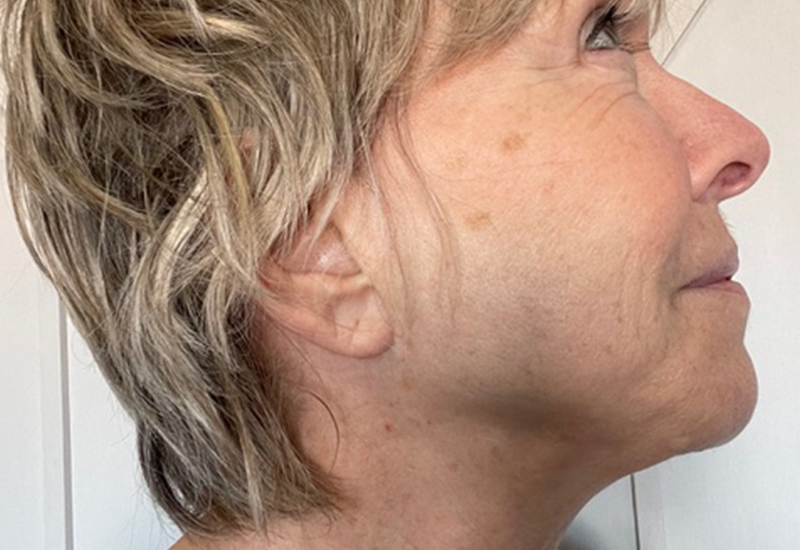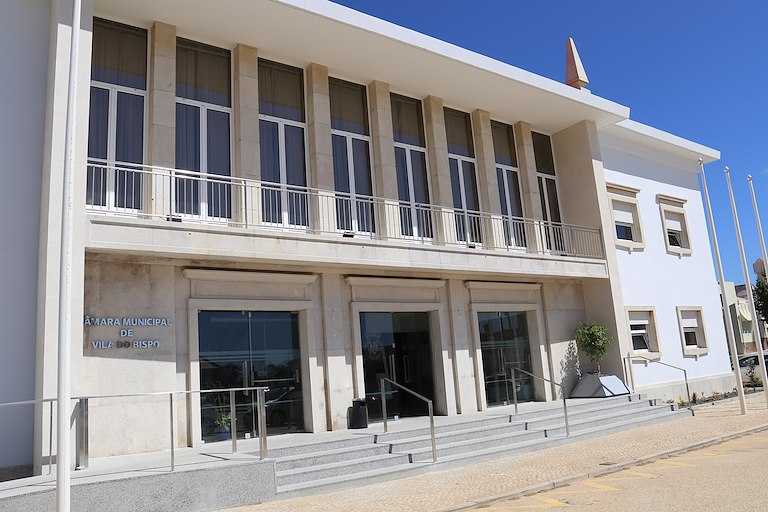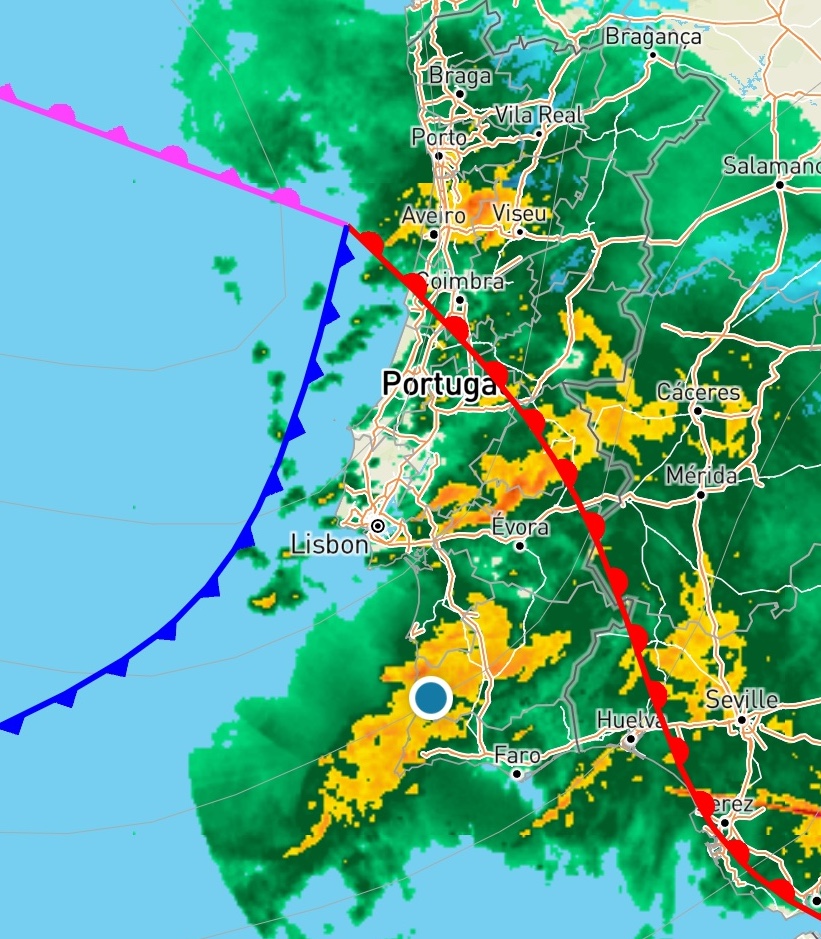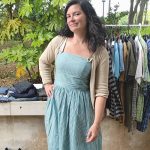Let’s talk brown spots – those tiny patches of pigment that pop up uninvited. Age spots, sun spots, and liver spots (a term that’s both misleading and mildly alarming). Or my favourite: “wisdom freckles”(if we’re stuck with them, we might as well make them sound poetic).
They’ve claimed space on my face – front and centre. No hiding. No subtlety. Just a full-blown pigment parade marching across my cheeks and now, apparently, my neck too.
I used to think of them as blemishes, things to be covered with concealer or hidden behind a strategic haircut. But lately, I’ve started to see them differently. They’re not intruders – they’re reminders. My face has spoken in little brown spots.
Like many of us who grew up in the “baby oil and iodine” era, I spent my youth “baking,” not protecting. Sunscreen? SPF was a foreign concept. Tanning? A competitive sport. Now, decades later, my skin remembers … everything. That week-long spring break in ‘79? There’s a spot for that (I’d bet on it!). The summers of sun-worshipping? Spot, spot, spot. And that one time I actually got a sunburn so bad that the front side of my body and face peeled like an overripe banana? Undoubtedly, a dark patch marking that event.
What’s a little extra pigment?
Yes, the beauty industry whispers, “You can fix this.” And I’ve dabbled – creams, serums, or concealers for when I do video podcasts. But through my personal journey of body unshaming, I’m rethinking the war on pigment. Would I be more beautiful if I erased them? According to society, maybe. But I’d also be less “me.”
These spots are part of my story. And honestly, nobody who loves me sees my skin as a problem. They see me. So I’m trying, imperfectly, to do the same.
My skin is not supposed to look like it did when I was 20. That would just be weird (and it is weird when we see movie stars and such looking like they’re frozen in time – it’s unnatural and often the result of extreme measures).
So, in the end, my homework isn’t about fixing my skin. It’s about fixing my mindset. See strength, wisdom, and experience, rather than flaws that don’t define me.
Becca Williams is an emotions therapist and clinician who helps people free themselves from emotional burdens, traumas, and limiting beliefs to live more fulfilling lives.












